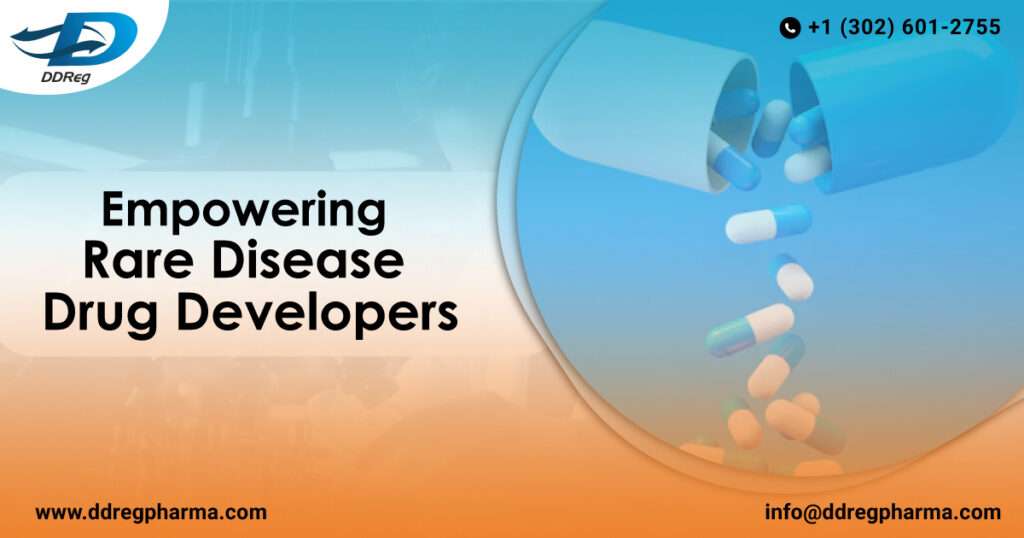Advanced rare disease drug developers are companies or organizations that specialize in the research and development of treatments for rare diseases. Developing drugs for rare diseases poses unique challenges due to small patient populations, genetic variations, and the need for novel endpoint selection. In response, the FDA has allocated resources through initiatives like Prescription Drug User Fee Act (PDUFA VII) and the Accelerating Rare disease Cures (ARC) Program, launched in May 2022. Under the ARC Program, Center for Drug Evaluation and Research (CDER) established the Rare Diseases Team (RDT) and Learning and Education to Advance and Empower Rare Disease Drug Developers (LEADER 3D) initiative to support drug developers.
The US FDA, with the help of a third-party contractor, assessed educational needs by reviewing existing materials and gathering insights from stakeholders. This effort aims to help inform the development of educational materials tailored to rare disease drug development topics, to empower stakeholders and enhance treatment development.
According to an External Stakeholder analysis report issued by FDA, the assessment and findings process were as follows:
Assessment Methodology
The method for assessment of engaging the rare disease drug development (RDDD) community involved several steps. Firstly, external stakeholders such as the pharmaceutical industry, patient advocacy groups (PAGs), and academia were identified and engaged through interviews and a public docket. The project team utilized a five-step approach, including outreach communication, development of interview guides and docket language, creation of a data collection instrument (DCI), data collection and analysis, and generating findings and recommendations.
Interviews were conducted to gather perspectives on available resources, challenges in drug development, and regulatory topics, while the docket facilitated broader engagement. Data collected from both channels were analyzed to identify educational gaps, challenges, and recommendations for enhancing RDDD. Stakeholders’ input was categorized into industry, academia, and patient advocacy, and findings were synthesized to inform the development of educational materials and other initiatives to support rare disease drug developers.
Key Findings
Through interviews with stakeholders and a thorough review of public docket comments, the FDA aims to identify educational opportunities and streamline efforts in this critical area. The outcome highlights a number of challenges faced by the rare disease drug development (RDDD) community regarding various aspects. In addition, there are comments about non-clinical areas that address animal model resources and regulatory expectations by participants. Moreover, these challenges are witnessed especially during dose-finding in such populations as pediatrics where it is heterogeneous hence necessitating FDA-organized workshops and guidance documents. Nevertheless, data sharing remains an issue of concern while guidance is needed on how to include real-world data.
Likewise, regulatory expectations should be more transparent when it comes to novel endpoint and biomarker development as they have their own risk factors. Clinical trial design/analysis are limited owing to patient recruitment barriers or statistical approaches so need more RDDD-focused advice for that matter. Therefore, appropriate engagement with the FDA would inform academic stakeholders and patients’ advocacy groups on the need for increased dissemination of guidelines meant for rare diseases from the regulatory perspective only. Also, generally, greater outreach, education and regulatory backing may be required by Rare Disease Drug Development Program, according to the report.
Conclusion
The LEADER 3D stakeholder analysis provides a roadmap for empowering advanced rare disease drug developers in their mission to accelerate the development of safe and effective treatments for rare diseases. By leveraging the insights and recommendations outlined in the report, developers can enhance their knowledge, access valuable resources, and drive innovation in the field of rare disease drug development.
DDReg offers end-to-end regulatory services and pharmacovigilance services in the USA pharmaceutical products and devices. The subject matter expertise, industry knowledge, and presence in the USA ensures seamless regulatory submissions and post-marketing safety surveillance. Read more from DDReg’s experts on US FDA related nuances: Assessing COVID-19 Symptoms in Clinical Trials

